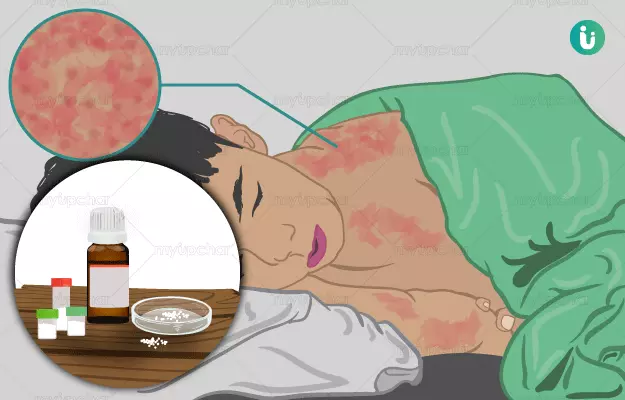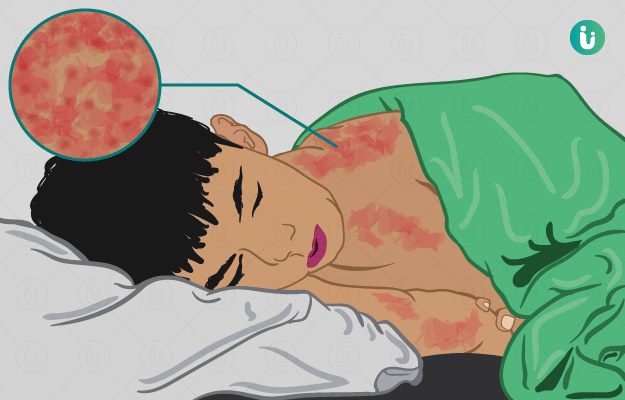Measles is a highly contagious disease caused by the rubeola virus. The virus spreads through droplet infection (coughing and sneezing) and the infected person starts to show symptoms within 7 to 14 days of exposure to the virus. One of the characteristic symptoms of measles is a skin rash, which starts on the face and gradually spreads down the body. Even though most people recover within 2 to 3 weeks, complications such as ear infections, diarrhoea, pneumonia, encephalitis (inflammation of the brain) may occur at times. In severe cases, the condition may be life-threatening. Measles is the fifth-largest cause of childhood illness and death globally. Vaccines are provided to babies for lifelong protection against measles. However, despite the vaccine, measles is cases are rising among young people. Also, some families are now avoiding the vaccine since it is thought to increase the risk of autism.
Around 12.7% of the population in India is dependent on homeopathy for their treatment. Homeopathy is a holistic system of medicine that aims at treating the individual as a whole, rather than focussing on symptomatic management. The remedies that are commonly used for the treatment of measles include aconitum napellus, apis mellifica, belladonna, euphrasia officinalis, gelsemium sempervirens, kalium bichromicum, pulsatilla pratensis and sulphur.




























